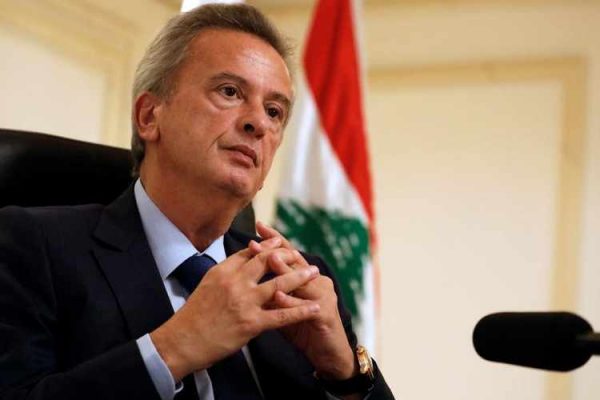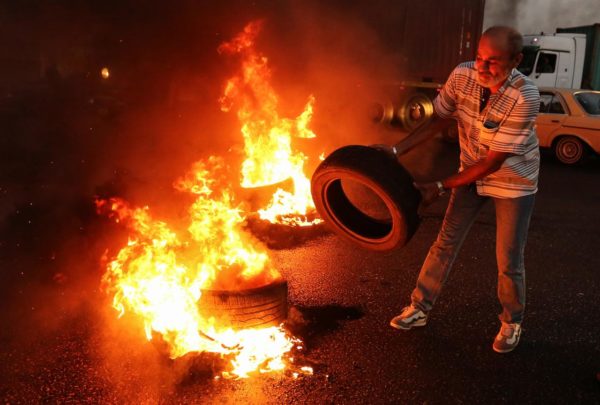
Central Bank Governor Riad Salameh on Saturday restated that the status of the Lebanese pound ” Lira” is “stable.”
“All talk that Lebanon is a country facing the risk of bankruptcy is unjustified scientifically and in the language of numbers,” Salameh said during an economic conference in Bkirki.
“As usual, there are always negative rumors in the Lebanese markets, but even if rating agencies downgrade Lebanon’s ranking, this will not affect the banking sector, seeing as its impact would lower the solvency ratio from 16% to 12%, which would still be above the threshold required internationally,” the governor added.
As the economic crisis deepens in Lebanon, the public’s distrust in the ability of the old political class, widely viewed as corrupt and steeped in personal rivalries, to tackle major reform has increased . Many fear a Greek-style bankruptcy, without the European Union to fall back on.

A recently approved budget that reduces public debt, improves governance and reforms infrastructure could unlock some $11 billion in aid promised to Lebanon last year by European countries. But after weeks of delay amid haggling among the government and lawmakers, the result is a bill that mostly taps into the pockets of average Lebanese, while critics say it does little to tackle structural issues and deeply entrenched corruption at the root of the crisis.
Growth reached an all-time low of 0.2 percent last year. It slowed further after the Central Bank halted subsidized housing loans through commercial banks, contracting the real estate market, a main engine for growth since 2012. The budget deficit reached 11 percent of GDP, up from 8.6 percent in 2017, and public debt stands at 150% of GDP, one of the highest in the world. Fuel imports have increased, further deepening a trade deficit.
The downturn has impacted the country’s trusted banking sector. The Central Bank’s reserves have receded by around $6 billion since last year, as it props the currency pegged to the dollar. Deposit growth has been the lowest since 2005 .
According to analysts the real problem is the political elite, which treats the public sector as a jobs source for supporters and covers up corruption that enriches them and drives up debt. Commercial banks are largely owned by ruling politicians and profit from holdings of public debt.
Leave a Reply
You must be logged in to post a comment.